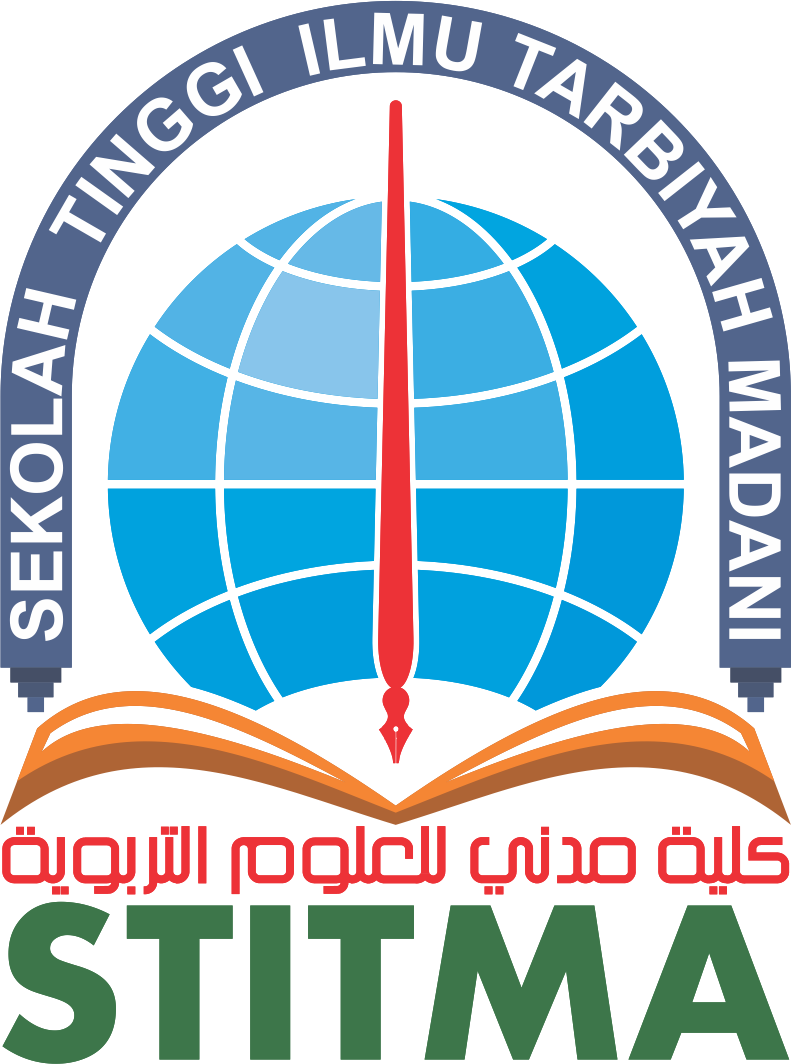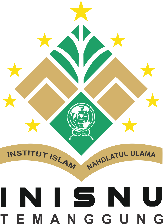Leadership for Equity: Managing Diversity and Inclusion in Multilingual Classrooms
DOI:
https://doi.org/10.59944/postaxial.v3i3.477Keywords:
Educational Leadership, Equity in Education, Multilingual Classrooms, Inclusive Practices, Diversity ManagementAbstract
This study investigates the role of educational leadership in fostering equity and managing diversity within multilingual classroom environments. In response to increasing linguistic and cultural heterogeneity in schools, the research explores how school leaders implement inclusive practices that accommodate the diverse linguistic identities and learning needs of students. Using a qualitative multiple case study approach, data were collected through interviews, classroom observations, and document analysis in selected multilingual secondary schools. The findings reveal that equity-driven leadership is crucial in shaping inclusive school cultures, influencing teacher practices, and improving student engagement. Leaders who demonstrated cultural responsiveness, promoted professional collaboration, and empowered multilingual learners contributed significantly to creating equitable learning environments. However, the study also found inconsistencies in leadership approaches due to varying policy frameworks, institutional capacities, and professional development support. The study concludes by emphasizing the need for targeted leadership training, inclusive policies, and systemic support to enable leaders to manage linguistic diversity effectively and equitably.
References
Banks, J. A., & Banks, C. A. M. (2019). Multicultural education: Issues and perspectives (10th ed.). Wiley.
Ball, A. F., & Tyson, C. A. (2011). Studying diversity in teacher education. Rowman & Littlefield Publishers.
Cummins, J. (2001). Negotiating identities: Education for empowerment in a diverse society (2nd ed.). California Association for Bilingual Education.
Darling-Hammond, L., LaPointe, M., Meyerson, D., Orr, M. T., & Cohen, C. (2009). Preparing principals for a changing world: Lessons from effective school leadership programs. Jossey-Bass.
DeMatthews, D. E., & Mawhinney, H. B. (2014). Social justice leadership and inclusion: Exploring challenges in an urban district struggling to address inequities. Educational Administration Quarterly, 50(5), 844–881. https://doi.org/10.1177/0013161X13514440
Fullan, M. (2003). The moral imperative of school leadership. Corwin Press.
Gándara, P., & Hopkins, M. (Eds.). (2010). Forbidden language: English learners and restrictive language policies. Teachers College Press.
Gay, G. (2010). Culturally responsive teaching: Theory, research, and practice (2nd ed.). Teachers College Press.
Khalifa, M. A., Gooden, M. A., & Davis, J. E. (2016). Culturally responsive school leadership: A synthesis of the literature. Review of Educational Research, 86(4), 1272–1311. https://doi.org/10.3102/0034654316630383
Nieto, S., & Bode, P. (2018). Affirming diversity: The sociopolitical context of multicultural education (7th ed.). Pearson.
Shohamy, E. (2006). Language policy: Hidden agendas and new approaches. Routledge.
Theoharis, G. (2007). Social justice educational leaders and resistance: Toward a theory of social justice leadership. Educational Administration Quarterly, 43(2), 221–258. https://doi.org/10.1177/0013161X06293717.
Fitrianto, I. (2019). ماليزيا بجامعة دار السلام كونتور العام: KUISتنفيذ الدورة المكثفة في اللغة العربية لطلاب الكلية الجامعية الإسلامية العالمية بسلانجور 2018 (Doctoral dissertation, University of Darussalam Gontor).
Fitrianto, I. (2024). Critical Reasoning Skills: Designing an Education Curriculum Relevant to Social and Economic Needs. International Journal of Post Axial: Futuristic Teaching and Learning, 245-258.
Fitrianto, I. (2024). Innovation and Technology in Arabic Language Learning in Indonesia: Trends and Implications. International Journal of Post Axial: Futuristic Teaching and Learning, 134-150.
Fitrianto, I. (2024). Strategi Guru Pai Dalam Mengatasi Kesulitan Belajar Pada Mata Pelajaran Hadis Kelas 8 MTS Ibadurrahman Subaim. IJER: Indonesian Journal of Educational Research, 356-363.
Fitrianto, I., & Abdillah, F. M. (2018). MODEL PEMBELAJARAN PROGAM PEMANTAPAN BAHASA ARAB DAN SHAHSIAH (KEMBARA) KE 4 MAHASISWA KOLEJ UNIVERSITI ISLAM ANTAR BANGSA SELANGOR (KUIS) TAHUN 2018. University of Darussalam Gontor 15-16 September 2018, 121.
Fitrianto, I., & Hamid, R. (2024). Morphosemantic Changes in the Arabic Language in the Social Media Era: A Study of Neologisms and Their Impact on Youth Communication/التغيرات المورفوسيمانتية في اللغة العربية في عصر وسائل التواصل الاجتماعي: دراسة حول النيو لوغيزم وتأثيرها على تواصل الشباب. IJAS: International Journal of Arabic Studies, 1(1 September), 25-39.
Fitrianto, I., & Saif, A. (2024). The role of virtual reality in enhancing Experiential Learning: a comparative study of traditional and immersive learning environments. International Journal of Post Axial: Futuristic Teaching and Learning, 97-110.
Fitrianto, I., Hamid, R., & Mulalic, A. (2023). The effectiveness of the learning strategy" think, talk, write" and snowball for improving learning achievement in lessons insya'at Islamic Boarding School Arisalah. International Journal of Post Axial: Futuristic Teaching and Learning, 13-22.
Braun, V., & Clarke, V. (2006). Using thematic analysis in psychology. Qualitative Research in Psychology, 3(2), 77–101. https://doi.org/10.1191/1478088706qp063oa
Bowen, G. A. (2009). Document analysis as a qualitative research method. Qualitative Research Journal, 9(2), 27–40. https://doi.org/10.3316/QRJ0902027
Creswell, J. W., & Poth, C. N. (2018). Qualitative inquiry and research design: Choosing among five approaches (4th ed.). SAGE Publications.
Krueger, R. A., & Casey, M. A. (2015). Focus groups: A practical guide for applied research (5th ed.). SAGE Publications.
Merriam, S. B., & Tisdell, E. J. (2016). Qualitative research: A guide to design and implementation (4th ed.). Jossey-Bass.
Palinkas, L. A., Horwitz, S. M., Green, C. A., Wisdom, J. P., Duan, N., & Hoagwood, K. (2015). Purposeful sampling for qualitative data collection and analysis in mixed method implementation research. Administration and Policy in Mental Health and Mental Health Services Research, 42(5), 533–544. https://doi.org/10.1007/s10488-013-0528-y
Patton, M. Q. (2002). Qualitative research and evaluation methods (3rd ed.). SAGE Publications.
Yin, R. K. (2018). Case study research and applications: Design and methods (6th ed.). SAGE Publications.
Ainscow, M. (2005). Developing inclusive education systems: What are the levers for change? Journal of Educational Change, 6(2), 109–124.
Cummins, J. (2000). Language, power and pedagogy: Bilingual children in the crossfire. Multilingual Matters.
Gay, G. (2010). Culturally responsive teaching: Theory, research, and practice (2nd ed.). Teachers College Press.
Johnson, L. (2006). Making sure we count: White female leaders and the politics of racial equity in education. Urban Education, 41(5), 555–576.
Khalifa, M. A., Gooden, M. A., & Davis, J. E. (2016). Culturally responsive school leadership: A synthesis of the literature. Review of Educational Research, 86(4), 1272–1311.
Ladson-Billings, G. (1995). But that’s just good teaching! The case for culturally relevant pedagogy. Theory into Practice, 34(3), 159–165.
Lambert, L. (2003). Leadership capacity for lasting school improvement. ASCD.
Lucas, T., & Villegas, A. M. (2013). Preparing linguistically responsive teachers: Laying the foundation in preservice teacher education. Theory Into Practice, 52(2), 98–109.
Ryan, J. (2006). Inclusive leadership and social justice for schools. Leadership and Policy in Schools, 5(1), 3–17.
Santamaría, L. J., & Santamaría, A. P. (2012). Applied critical leadership in education: Choosing change. Routledge.
Theoharis, G. (2007). Social justice educational leaders and resistance: Toward a theory of social justice leadership. Educational Administration Quarterly, 43(2), 221–258.
Turney, K., & Kao, G. (2009). Barriers to school involvement: Are immigrant parents disadvantaged? The Journal of Educational Research, 102(4), 257–271.






